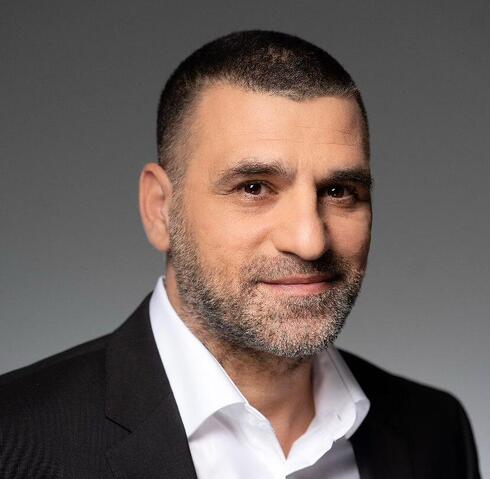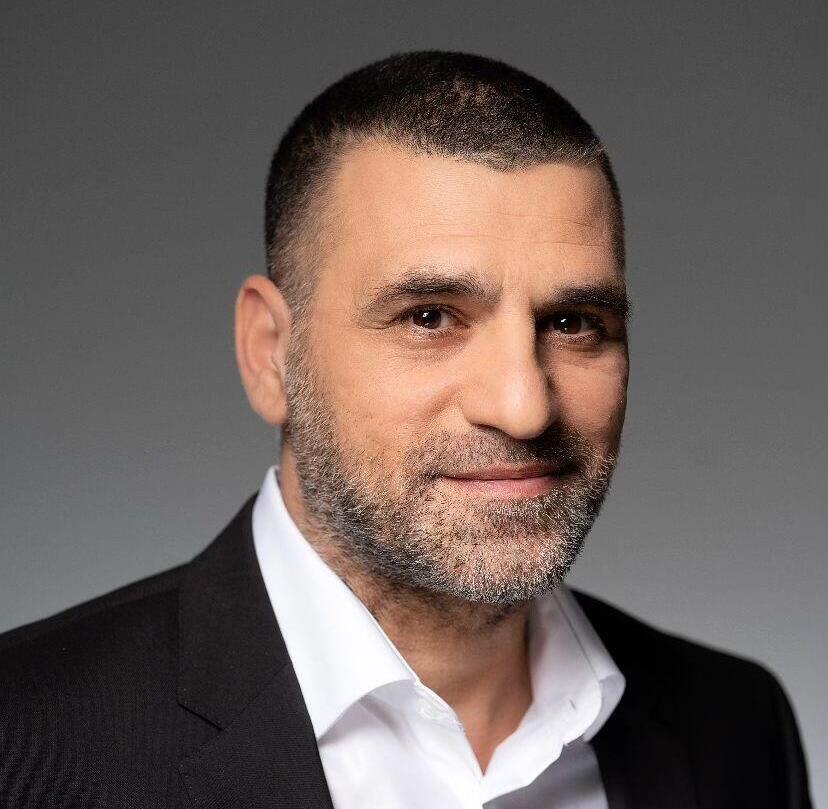
Opinion
Israel’s key role in the foodtech revolution
The war in Ukraine once again proves the importance of food security as a component of national security. A strong foodtech industry, like the one emerging in Israel, plays an important role in forging a promising future for all of us with better-established food security, write Tnuva Chairman Haim Gavrieli
From the moment the winds of war in Ukraine turned into a full-fledged attack, the impact of the war on food made headlines worldwide. Fears that the war would affect grain imports from Ukraine and Russia – which are now responsible for about one third to one half of the world's wheat and fodder supply to animals – and the consequences of paralysis at Ukrainian ports and economic sanctions on Russia – are becoming increasingly tangible, as is the prospect of a global shortage.
The war in Europe, the enormous challenges burdening the global logistics chain since the outbreak of the Covid pandemic, coupled with other macroeconomic factors, and their possible impact on the nutrition of Israeli citizens, emphasize the importance of supporting the development of the local foodtech industry. This industry's contribution to the food security of every country is significant, not only in times of war.
The following two figures well-illustrate the key role that food tech is expected to play in our world: in about one decade from now, the size of the dairy, poultry and meat alternatives market is expected to be about $140 billion, of which meat alternatives – either cultured meat or plant-based meat – will reach about half of it. This trend will also be evident in Israel, where in ten years from now 15% of the meat and poultry market will be based on alternative protein.
As a result of – and as a generator – of these figures, in the coming years the number of foodtech startups will be comparable to the number of cybersecurity startups, and will strengthen Israel's position as a global foodtech powerhouse. The region that will lead this industry in Israel will be the Eastern Galilee, thanks to the Israeli government’s investments, as well as the strong food industry that already operates in this area. The region also benefits from solid academic infrastructure, local authorities' and governmental support of the foodtech in the Galilee program, led by the Ministry of Economy, the Ministry for the Development of the Periphery, the Negev and the Galilee, and the Israel Innovation Authority.
The protein alternatives industry, of which Israel is a prominent leader, includes cell agriculture, which combines dairy and cultured meat components with animal and plant-based protein products along with innovative plant-based protein production methods, such as innovative technology that mimics the texture and flavor of meat. Another notable trend in the field, already adopted by many companies in Israel, is the focus on innovative raw materials and functional components, for example, reducing sugar in juices, a sweetening sugar-substitute protein, natural food colors and more.
Foodtech startup companies are increasingly realizing that technology and patents are not enough. They need production facilities (the most significant barrier in the food industry), regulatory approvals, an understanding of the market and access to the market, operations experts, a supply chain, sales and marketing, and professional and business networking. It is precisely at this stage that we see Tnuva stepping into the picture, as the holder of a variety of capabilities and means that can be available for collaborations with startups: a unique R&D center, technology experts and engineers, production facilities, marketing and sales systems, Israel's largest logistics system for both the retail and professional markets, and even a direct-to-consumer sales platform.
In addition, for startups in general, and in the field of alternative protein in particular, the Israeli market holds a clear advantage as a first market for commercializing technology. It offers a relatively low-cost entry ticket, and a high percentage of consumers who are open to new experiences. All these further establish the key position that Israel will take in the development and maturation of the industrial foodtech field.
Thanks to its unique capabilities, the Tnuva Group receives numerous requests from food and technology startups, and inquiries from various food tech companies, all of which are reviewed in accordance with the Group's strategic objectives, to guarantee Tnuva's leadership also in the future. Being a huge food company is not enough, nor is being a startup. Collaboration is the key to genuine transformation of the industry.
Through our investment arm, Tnuva NEXT, a corporate venture capital fund (CVC), we are involved in various companies as a strategic investor. We are also founding partners of a technological incubator in Kiryat Shmona, under the Incubators Program of the Innovation Authority, in which eight startups are already operating. We see the investments we made as an opportunity for exposure to innovative and groundbreaking technologies that are synergistic with our business.
It is important to truthfully say that also in the field of foodtech, there is no guarantee of clear business results or return of investment. We are in the business of “smart failures”. At the same time, we are guided by the goal of technological leadership, the creation of organizational learning capabilities and an organizational culture, with good, full-risk management of expectations.
The global food tech industry growth figures speak for themselves. In 2021, the volume of investments in the field was $866 million, a significant leap from only $165 million in 2018 and $393 million in 2020. Foodtech growth is also evident in the Innovation Authority's support: the Authority supported 47 companies working on alternative protein in the past decade, 19 of them in 2021 alone.
Being aware of the cost-of-living issue, and that cultured meat and dairy products are initially expected to be differently priced than regular products, the challenge will be to make the products accessible to as many consumers as possible, through hybrid products that combine plant-based protein with cultured meat and dairy components.
Looking forward, one cannot ignore the fact that intensive lifestyles will lead to food consumption being more efficient, more available, and more accessible, with greater awareness and demand for nutritional value and quality. Those who will adapt this path to future plans and forecasts, shall contribute to making a better nutritional future for all of us.
Sooner or later, the war in Ukraine will come to an end, but the insights that it has brought up for many, regarding food security and the foodtech industry's impact on food security – will have to be adopted and acted upon also after the war, based on the realization that a straight and clear line connects the dots of our food security and national security. Israel must take this approach, with the understanding that Israel's food security and independence rest solely on the shoulders of our own agriculture and our own industry.
Haim Gavrieli is the Chairman of Tnuva














